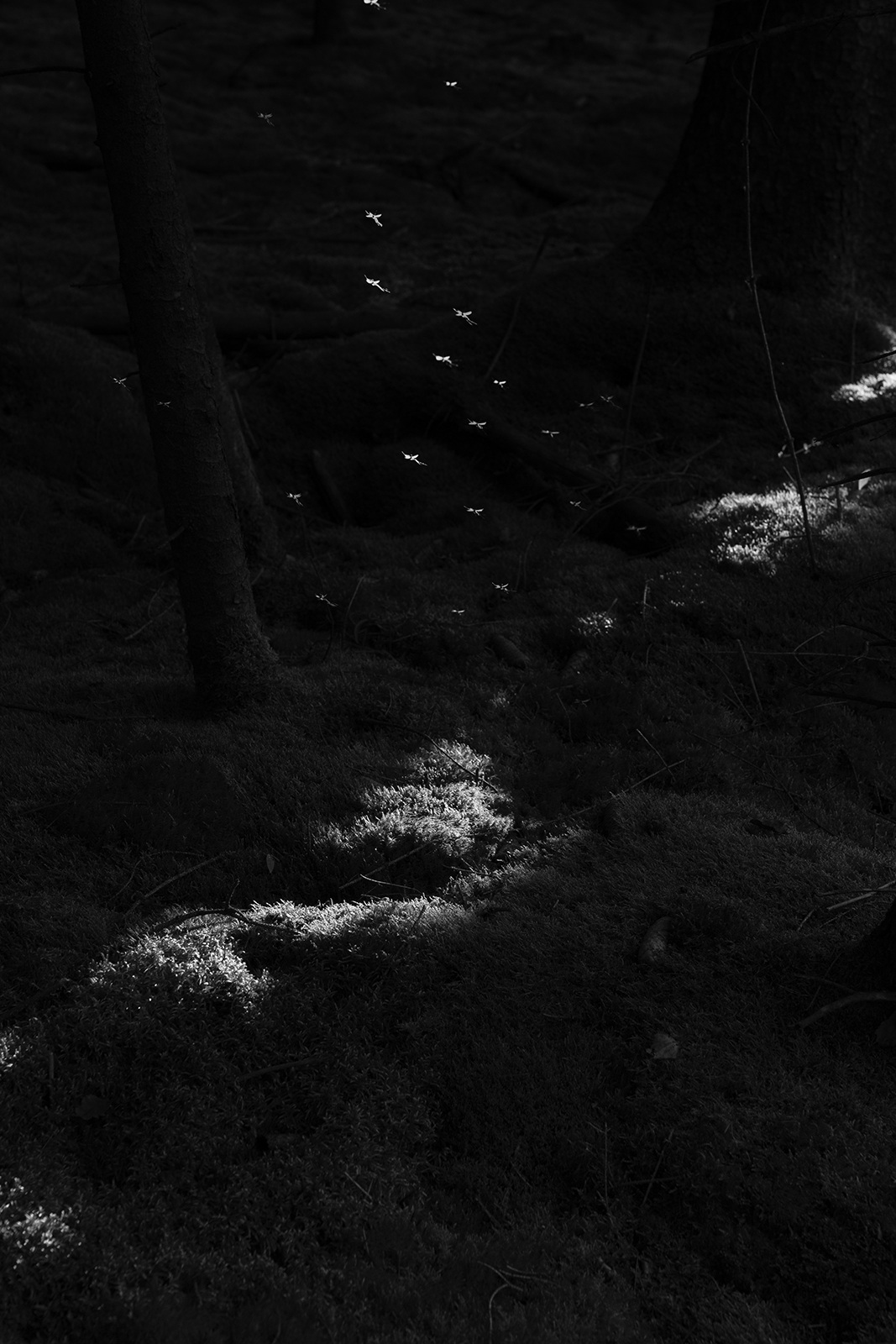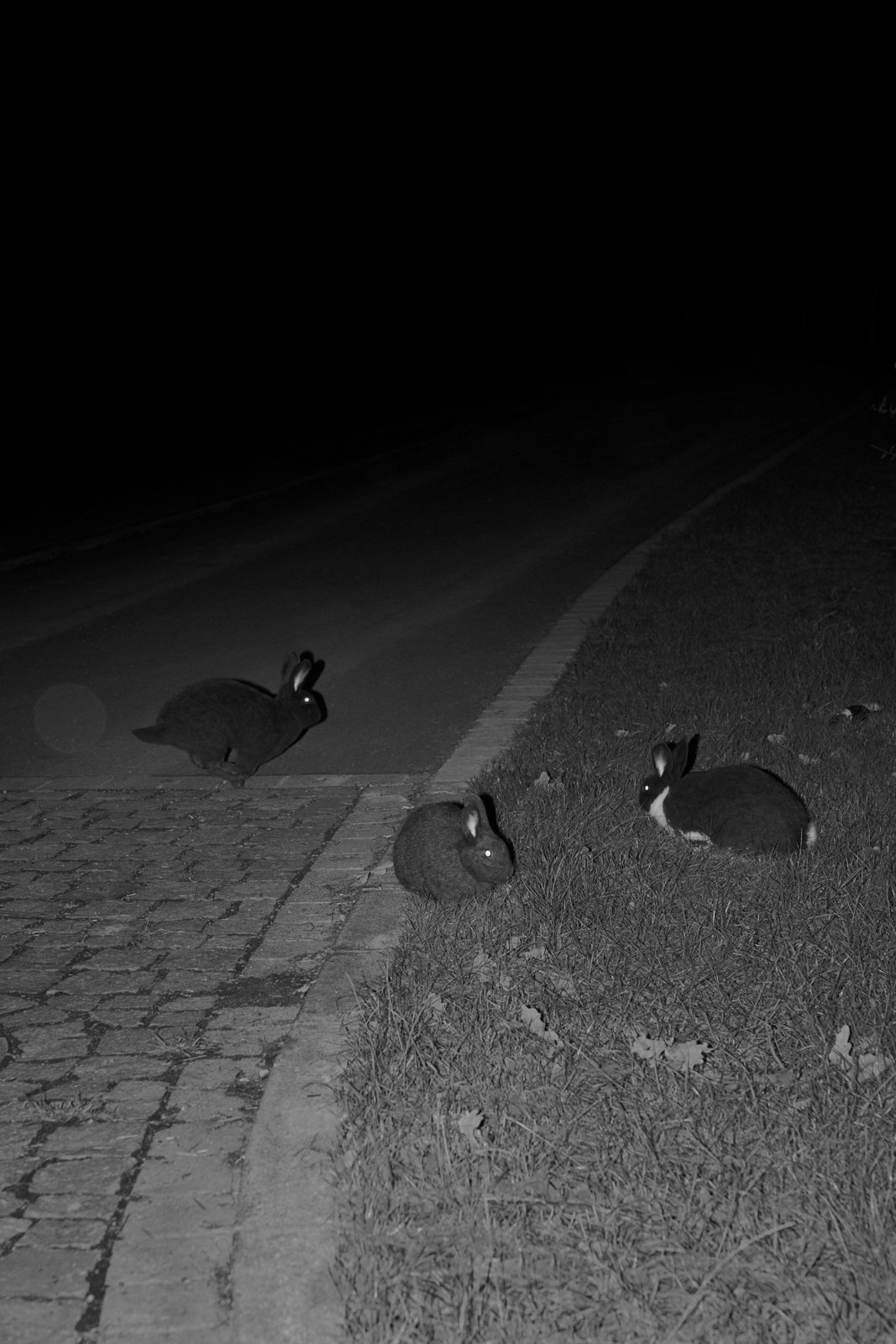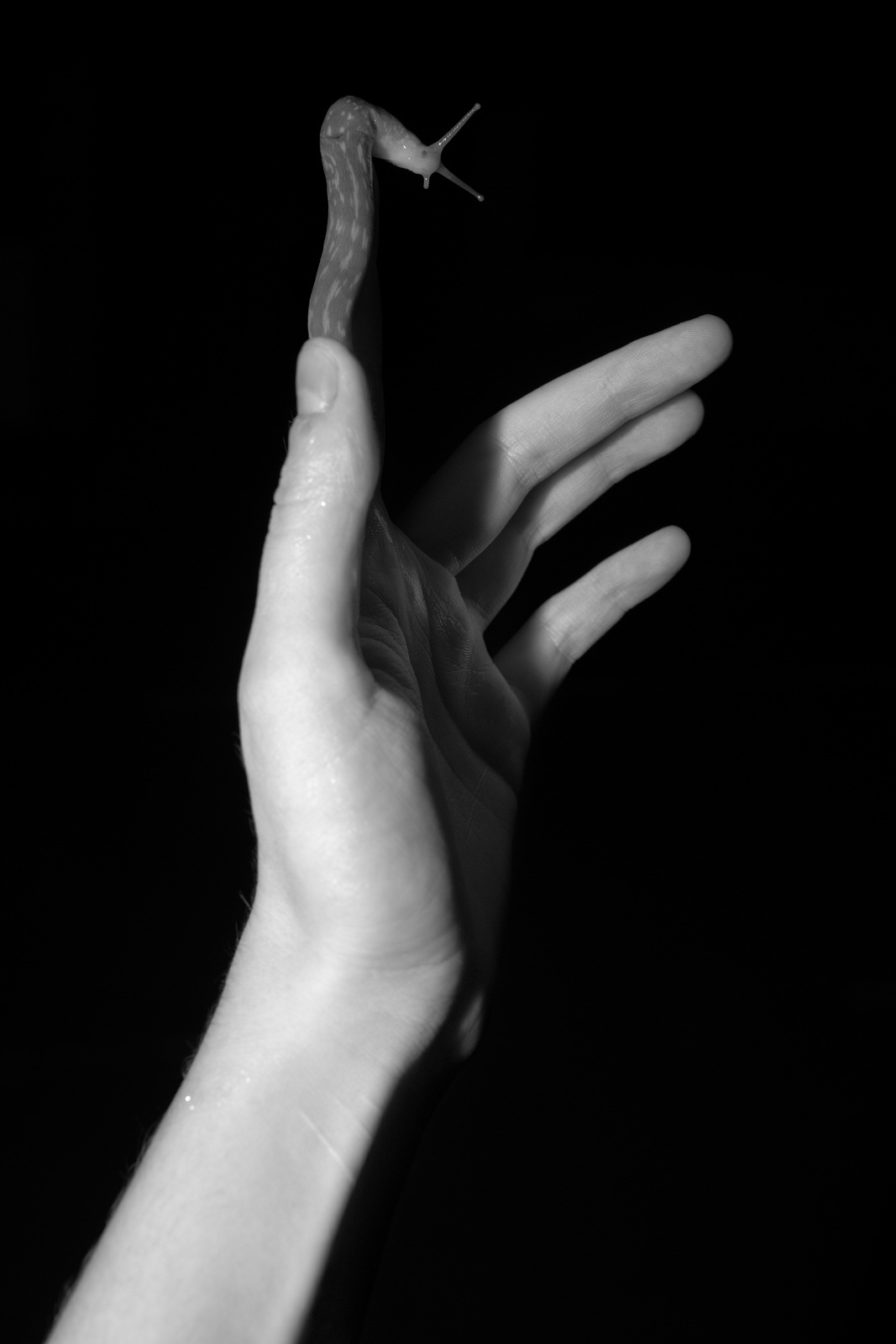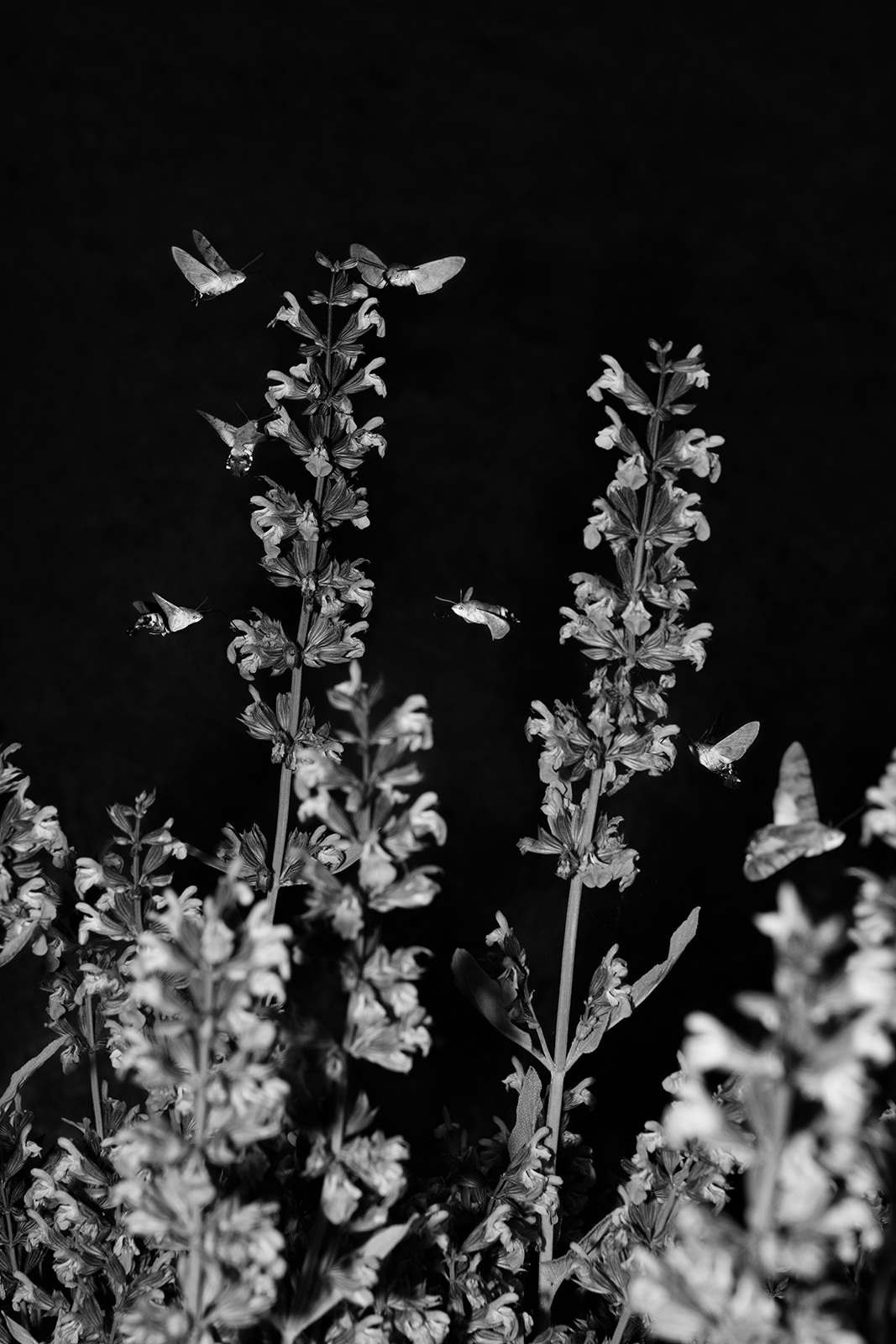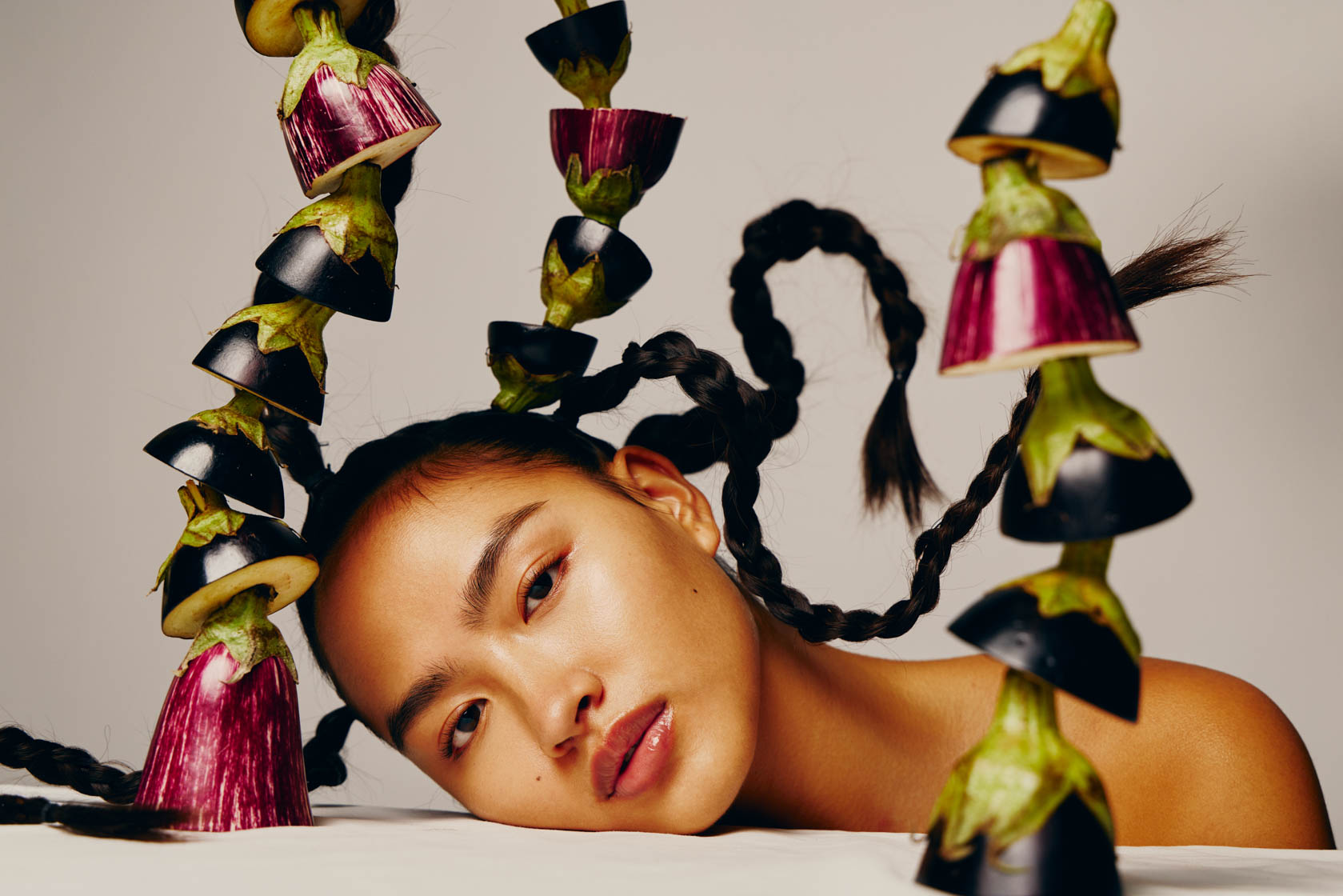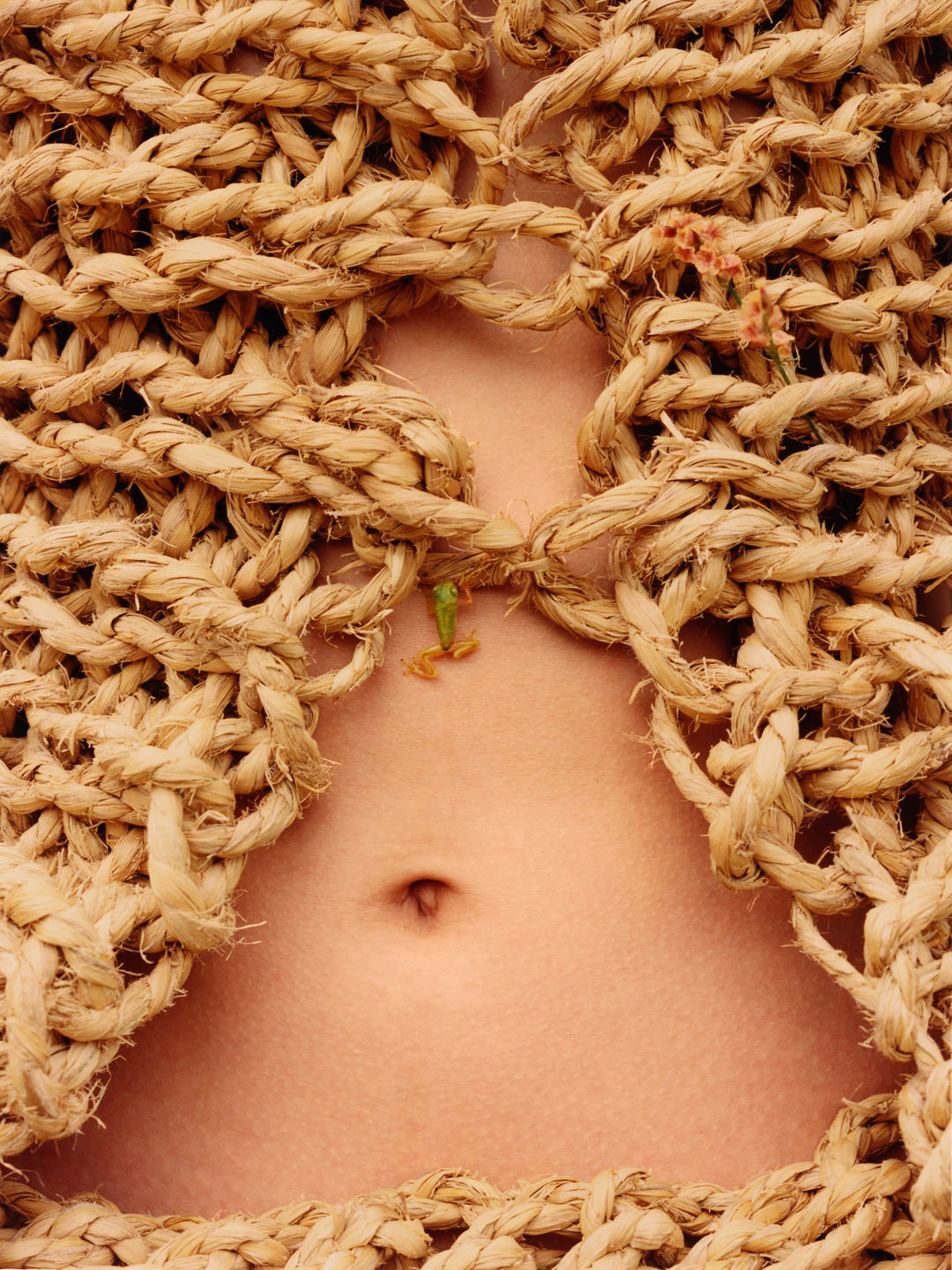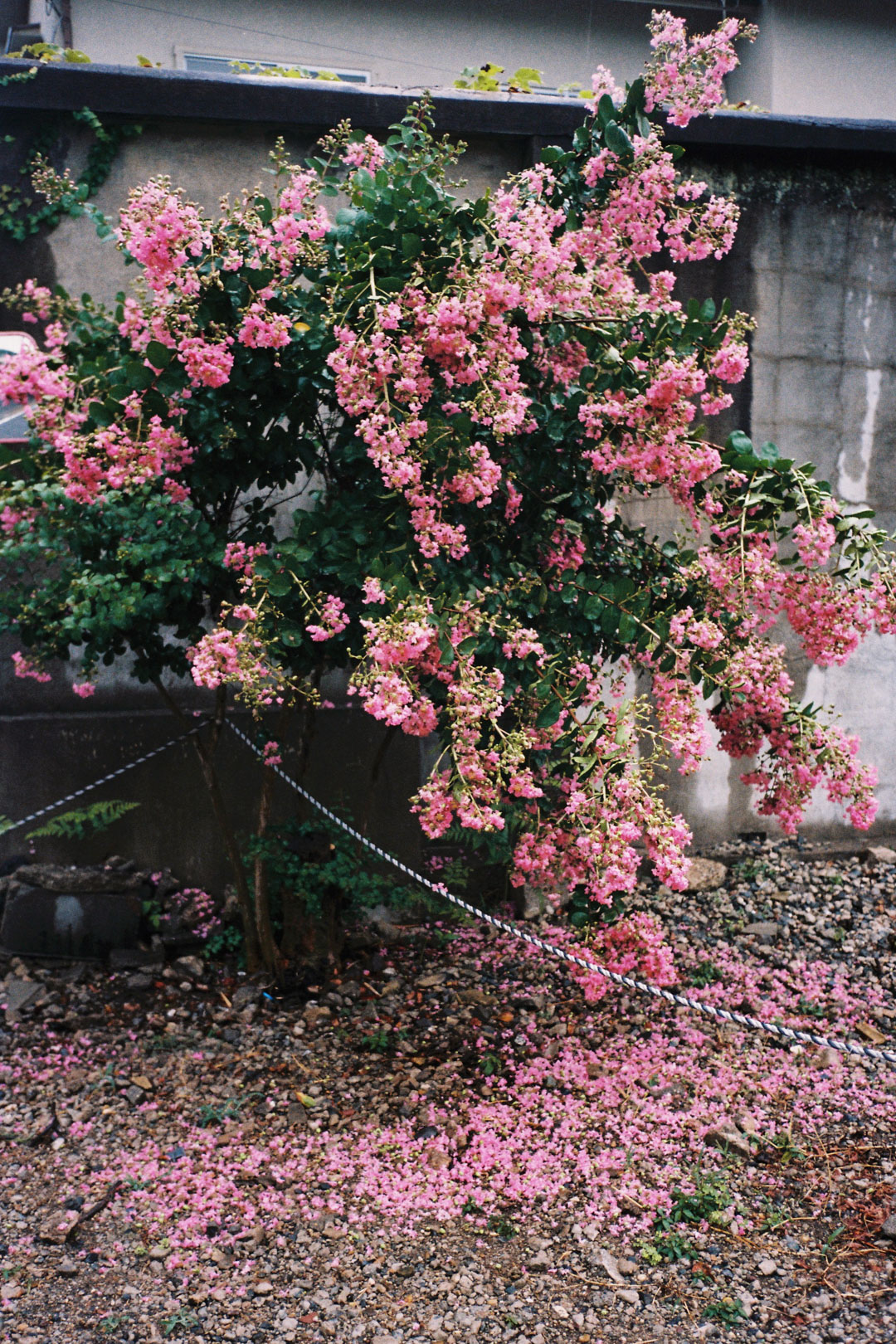PHOTOGRAPHY AS RITUAL
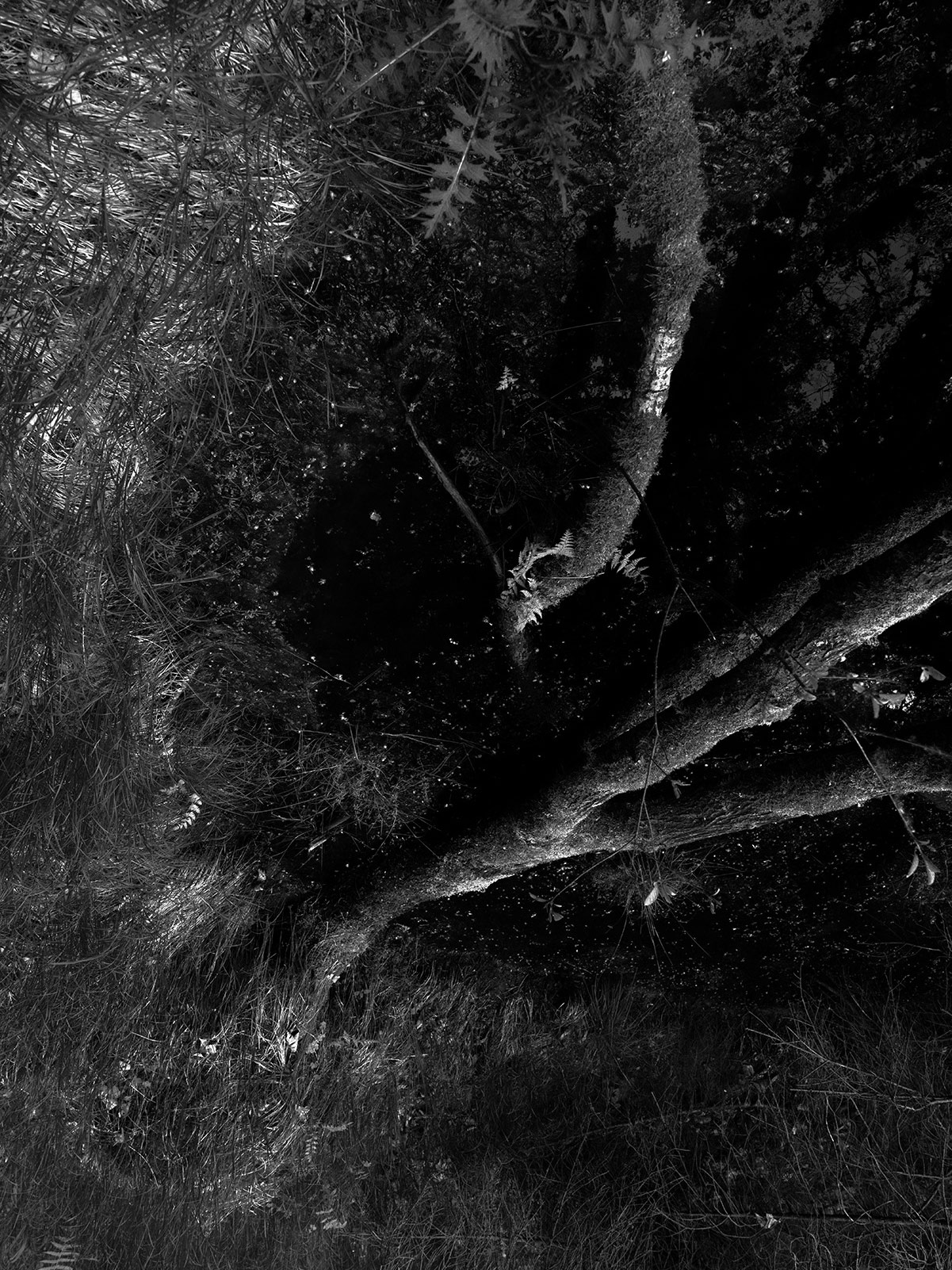
Elena Helfrecht
Elena is visual artist based in Bavaria, whose practice centers on exploring the inner workings of the mind and the various aspects of consciousness. This exploration is deeply rooted in her own life experiences, making it autobiographical in nature.
In this interview we discuss with Elena her relationship with nature and how she delves into personal and collective narratives, transcending into the realm of the surreal and fantastical.
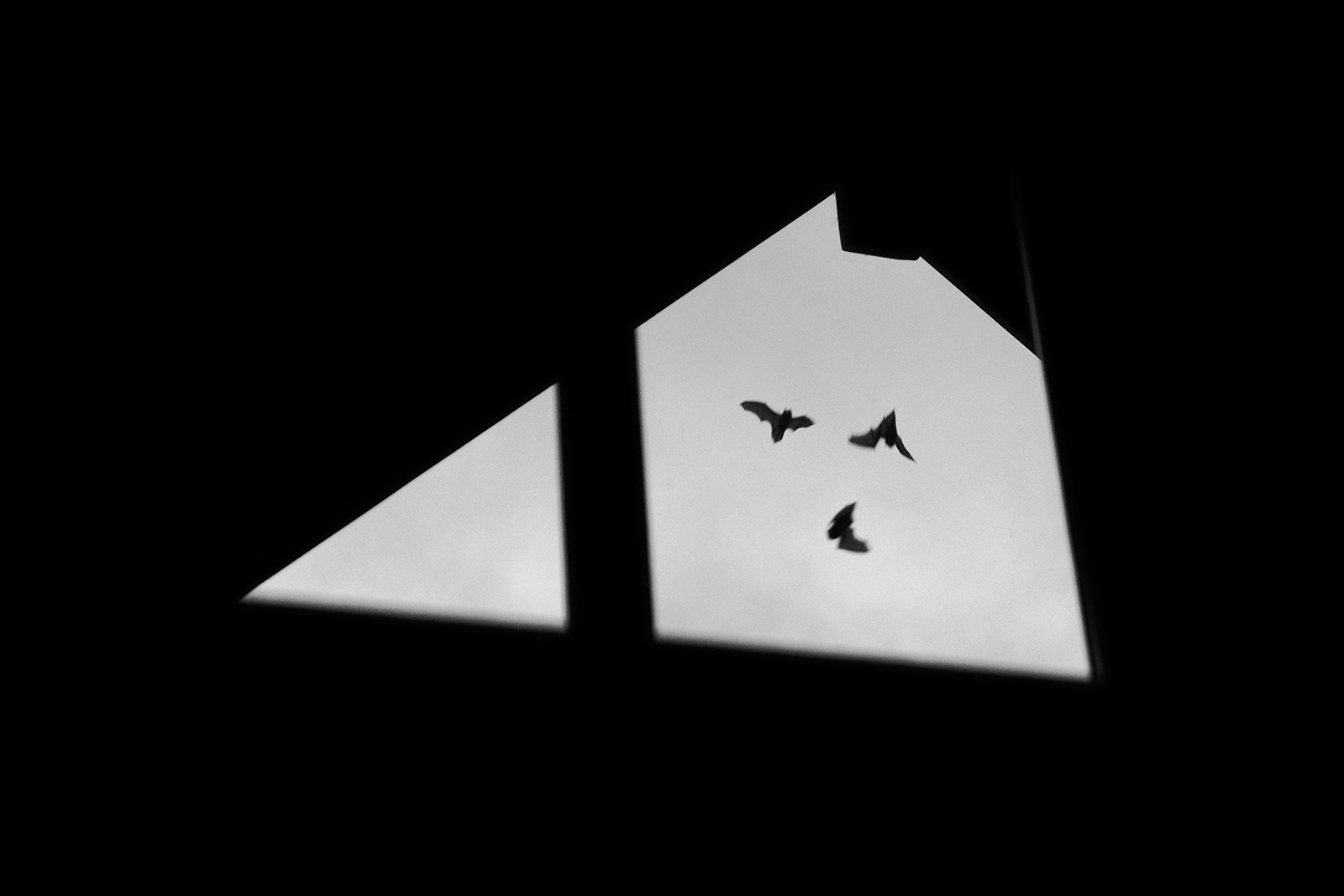
How has your interest for photography evolved over time and how it has consequently influenced your artistic research?
In my very early beginnings, during my BA in Art History and Book Studies, I believe I was more interested in painting than in photography, but in a theoretical rather than a practical sense. This probably influenced my approach to the medium; at times, I feel as though I use the camera more in a painterly manner, shaping something that existed solely in my mind—or rendering visible something that only I perceive, which isn’t actually “there” in front of the lens—rather than documenting or capturing something.
You developed a very specific visual language, while the themes of your investigation are heterogeneous yet deeply interconnected. Your images explore consciousness, family and autobiographical memories, but also folklore, landscape and psychology. What role does Nature play in your projects? Hot does it relate to the above-mentioned topics?
Nature has influenced me since my earliest days. I grew up in the countryside, spending my entire childhood roaming the forests and building little huts from sticks, imagining all the magical beings I knew from folklore to haunt the woods. Being close to nature is an essential need for me, and it’s also the reason why I moved back from London to rural Bavaria (I literally live 5 minutes from the forest now). I think it is self-explanatory why nature is a recurring topic in my works. It’s just a constant source of inspiration, and I very much consider myself to be a part of it.
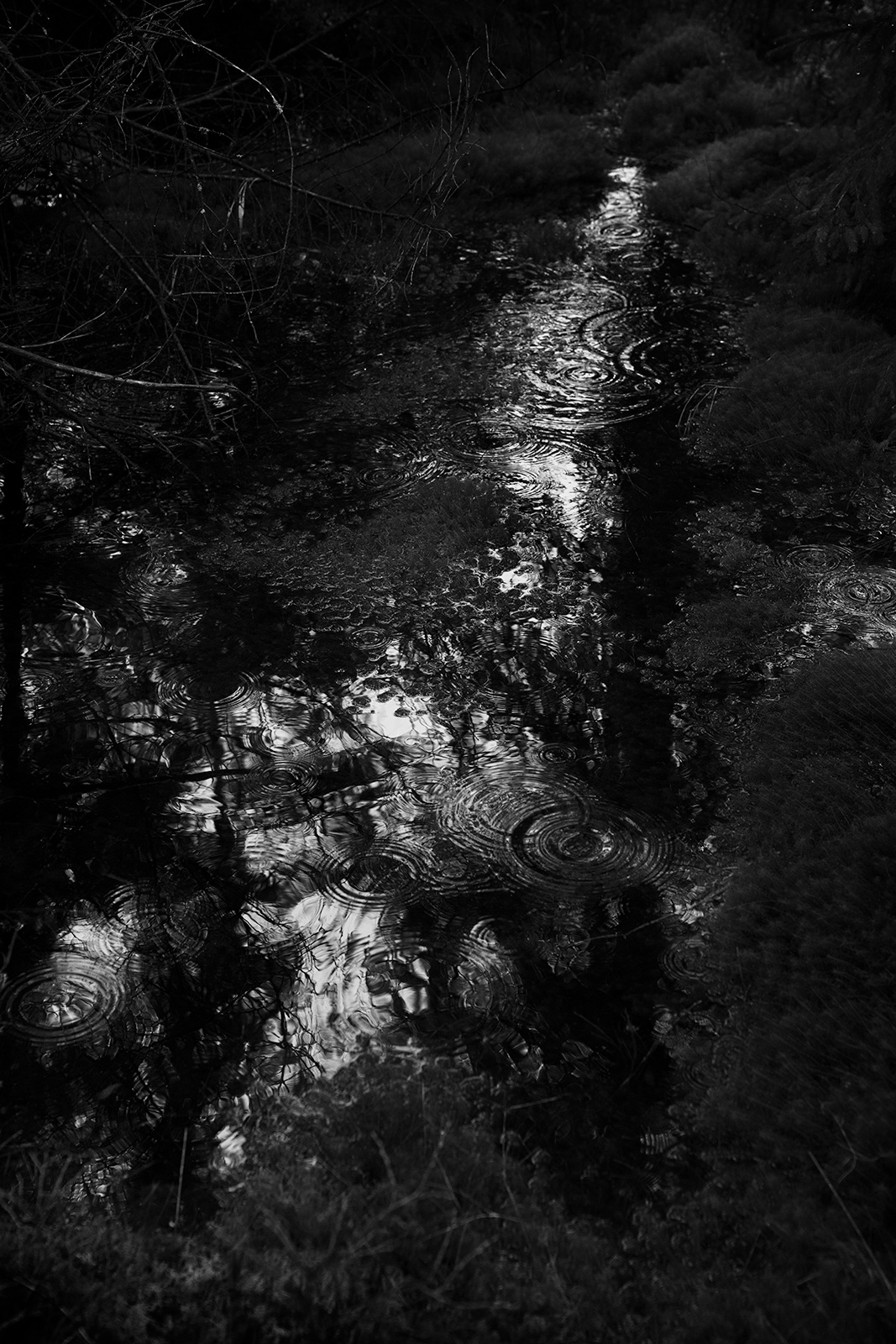
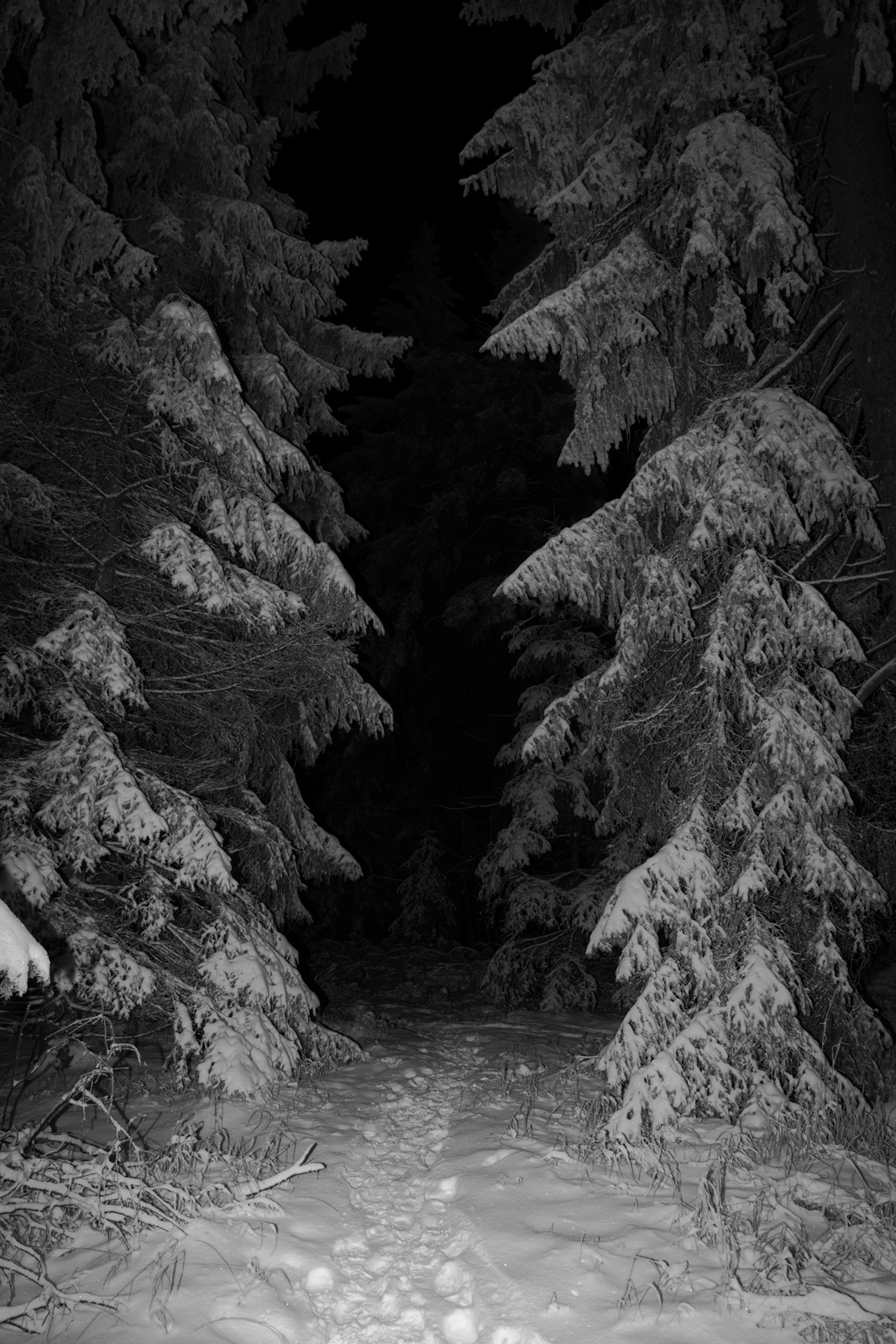
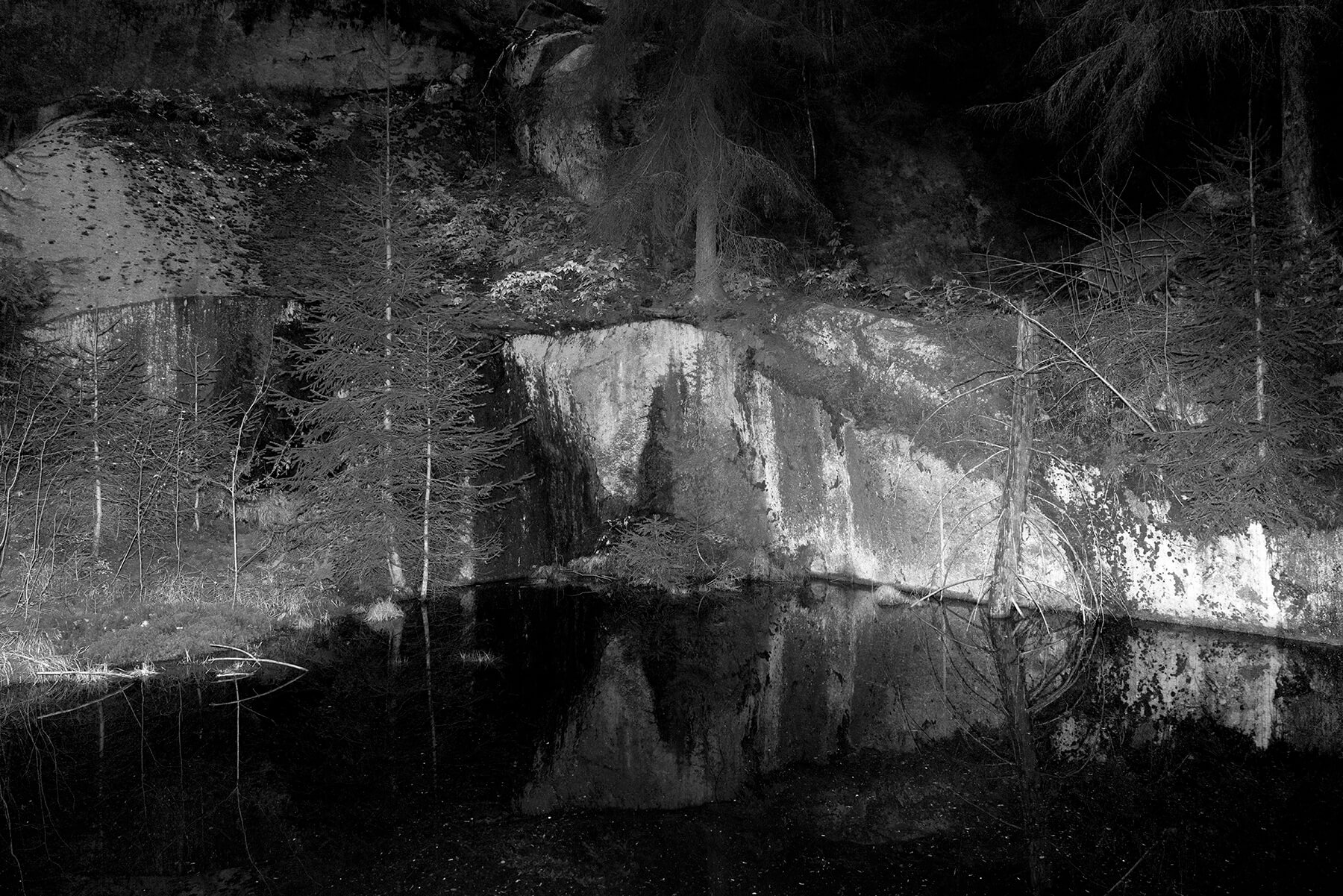
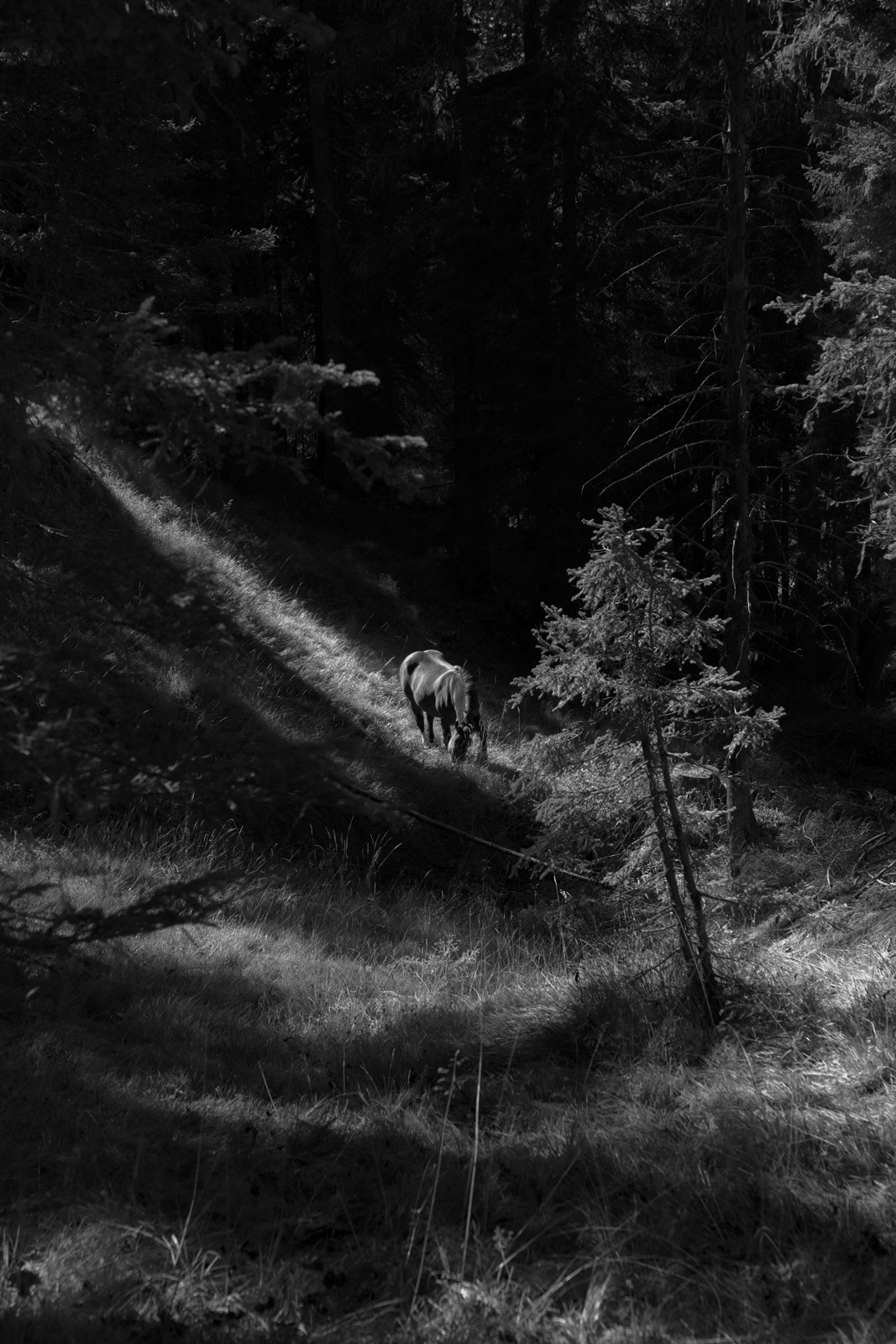
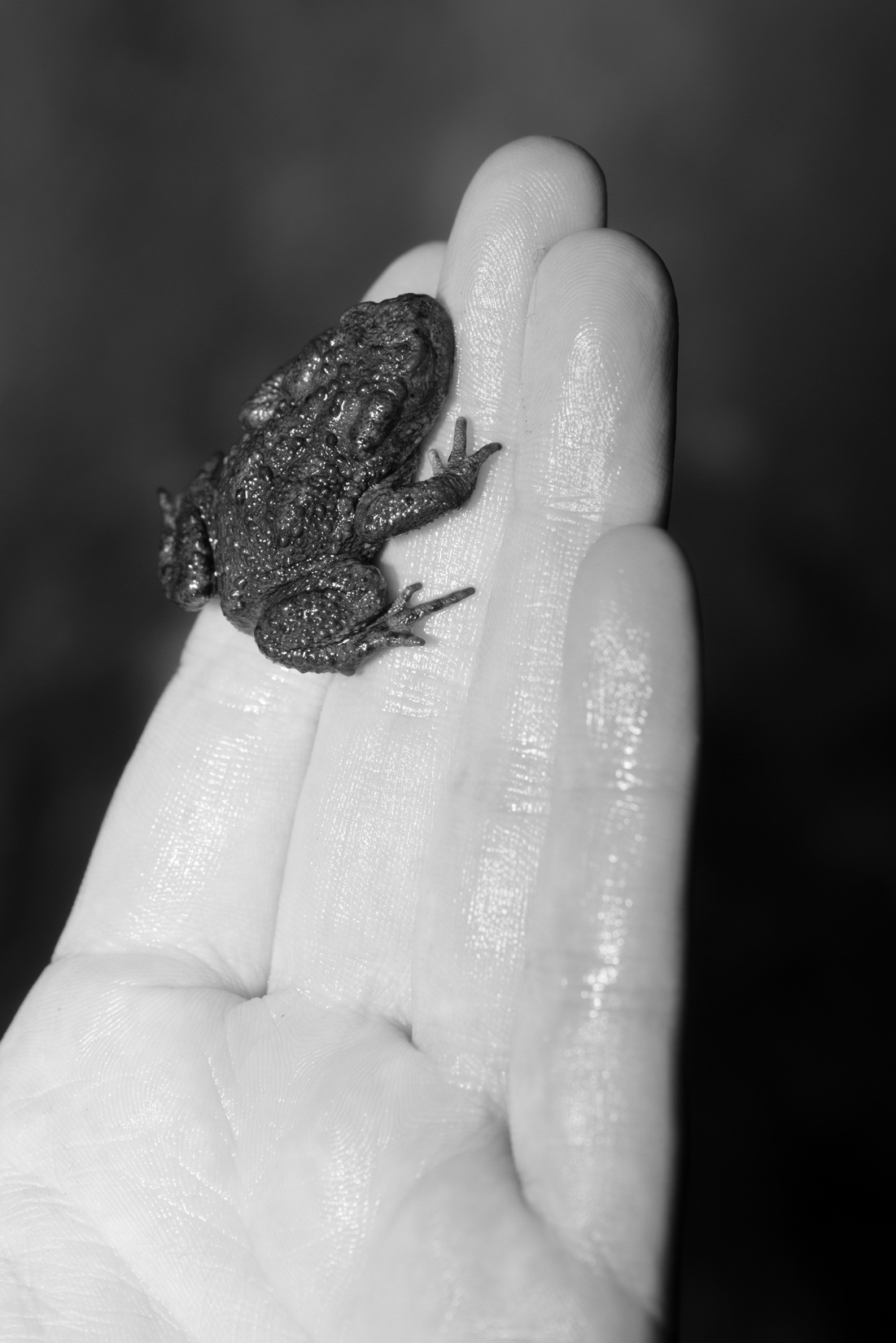
A recurring theme in your visual diary is the presence of wild animals. How wouldyou describe your relationship with the animal realm?
Similar to my connection with nature, I’ve always felt a deep connection to animals. My grandparents had a farm when I was young, so I grew up with cows, cats, pigeons, dogs… you name it. Through animals, I was also confronted with death for the first time, which was a very impactful encounter and probably the reason why I am still drawn to anything dead I find. Animals hold a special place in my heart, which is likely why I keep photographing them.
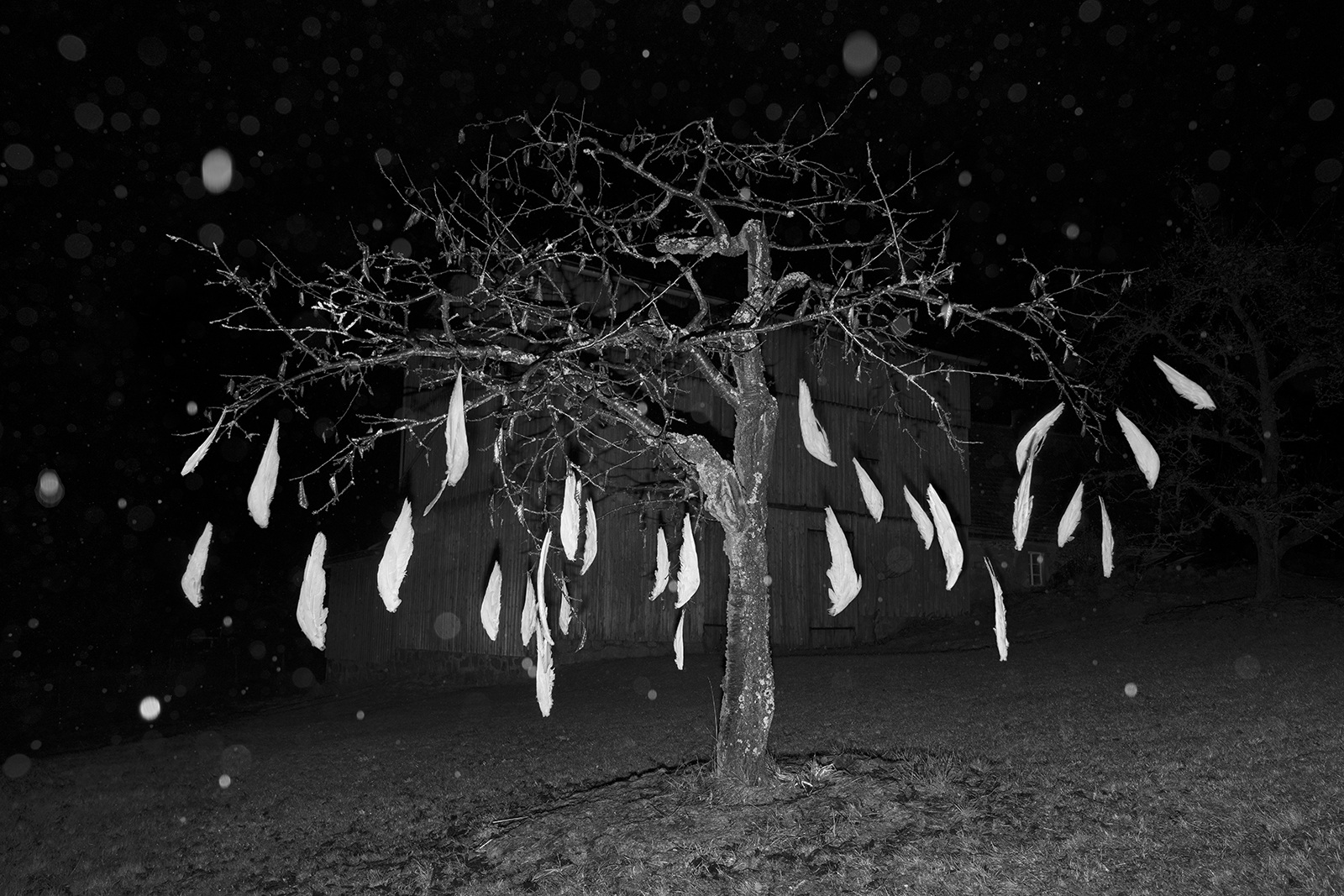
Arxipelag aims to unveil and valorize original perspectives on nature and travel, but we were initially drawn to your work because it’s characterized by a focus on the local, the magical and the traditional. Referring specifically to your project UNTERNÄCHTE, could we define it as a sort of contemporary witchcraft ritual where photography is the tool you use to elaborate an intricate set of personal, natural andmythological inputs?
I’m not sure how much witchcraft is involved, but I certainly consider working on this project a ritual. At the end of the year, when the days grow darker and the natural cycle comes to a close, this is my way of contemplating the past and what I want to do with the rest of my time. There is certainly some magic present within these days, and it’s part of the project for me to open myself up to it and let it flow directly into the images I create. It is quite special, as I only work on Unternächte during the winter months; the time I have every year is very limited. If I don’t manage to manifest an image I have in mind, I will have to wait until next year.
Can you tell us on what you are currently working, and what are your next projects dealing with?
Well, Unternächte is still ongoing, of course, and something new is slowly manifesting after I finally finished Plexus with the release of my book with VOID last year. However, for now, it is too early to reveal anything. This year, I was also able to create an installation I had in mind for two years (“The Dreamers”) – thanks to Jürgen Dehm and the team at Villa Kebbel in Schwandorf. It can still be viewed there until March 17th.
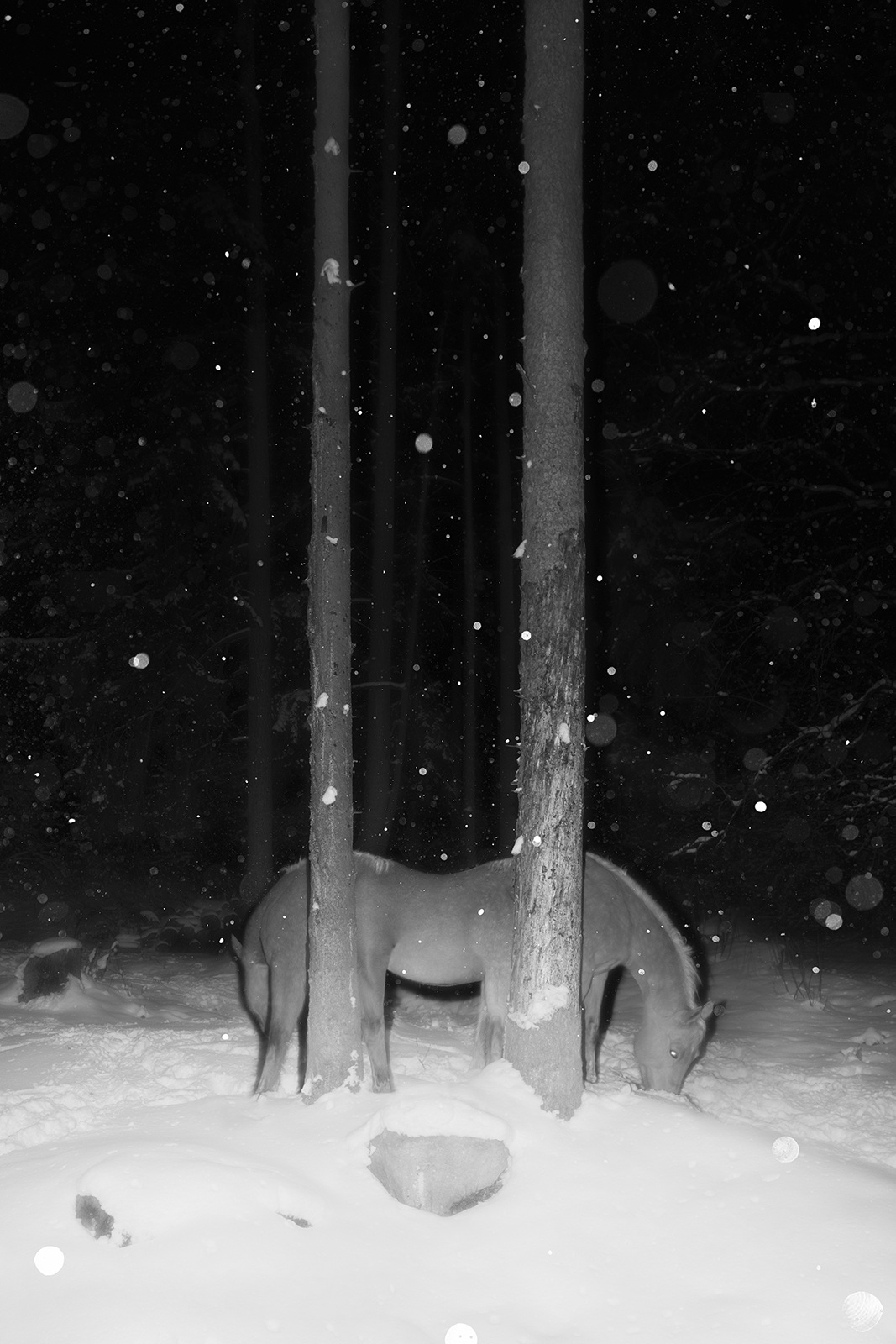
Elena Helfrecht
Elena Helfrecht (*1992) is a visual artist based in Bavaria. She completed her MA in Photography at the Royal College of Art in London in 2019, after studying Art and Image History at Humboldt-Universität in Berlin from 2016 to 2017 and receiving her BA in Art History and Book Studies from Friedrich-Alexander-Universität in Erlangen in 2015.
Her practice revolves around the inner space and the phenomena of consciousness, emerging from an autobiographical context and opening up to the surreal and fantastic, at times grotesque. She is influenced by the folklore and landscapes of her home and her passion for Art History and Psychology.
Elena’s work has been shown in group and solo exhibitions internationally, at institutions and festivals such as South London Gallery (UK), Galleria Civica Cavour (IT), The Benaki Museum (GR), and Villa Kebbel (DE). She is a recipient of the British Journal of Photography International Photo Award, a Sony World Photo Award, and the Camera Work Award, among others. Her images have been featured and reviewed in numerous publications such as The New Yorker, ZEIT Magazin, Financial Times Weekend, and The Guardian. Her work is held in private and public collections.
